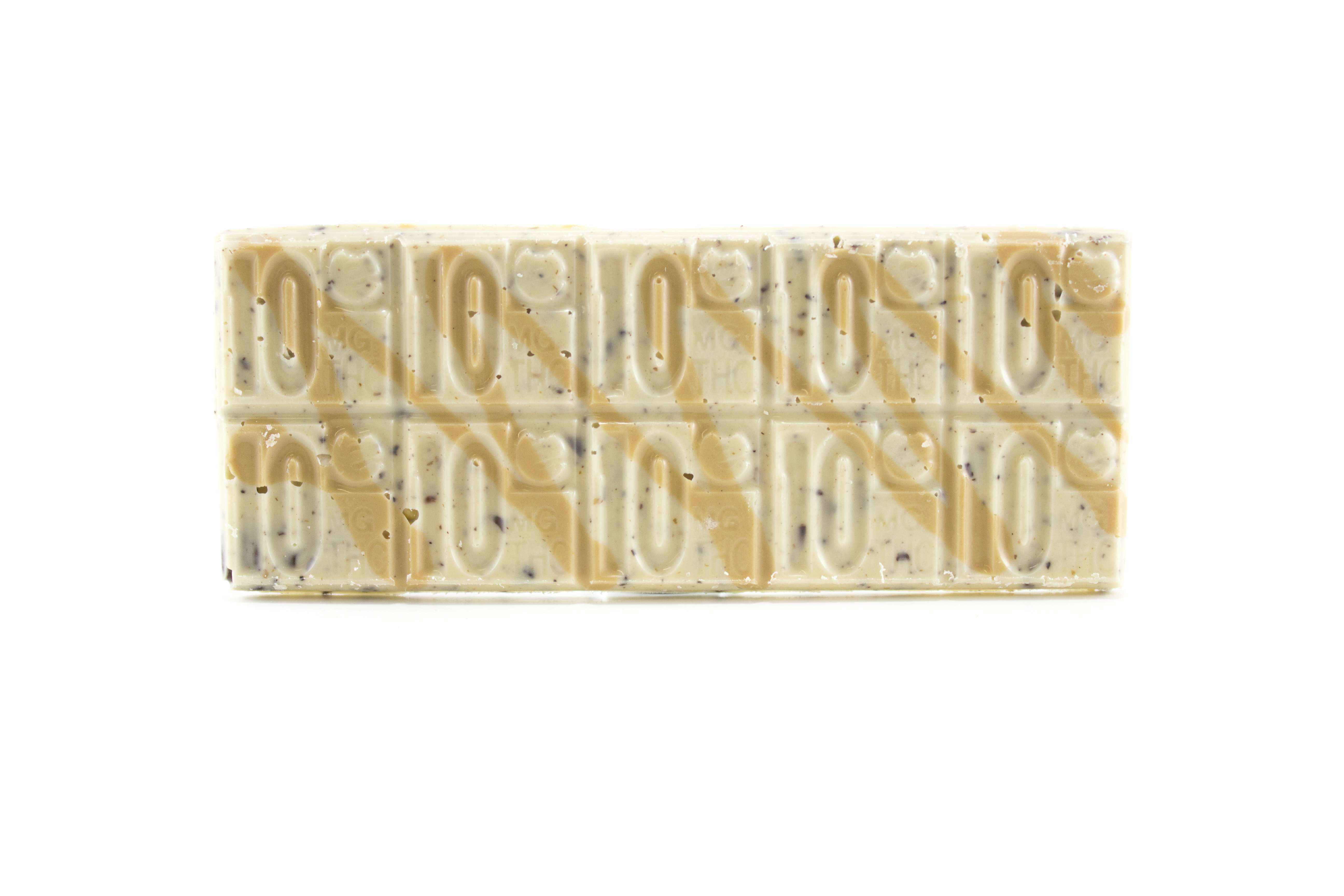Manufacturing Edibles With Integrity

Without federal guidance on food products containing marijuana (a result of the plant remaining a Schedule I narcotic), state regulators and manufacturers are fighting to keep the market safe for consumers. Manufacturers of marijuana edibles are not only trying to ensure consumer safety, but are also attempting to advance industry and legalization efforts nationwide.
Recent investigations in Colorado revealed that certain marijuana edibles, along with some extracts, tested positive for illegal pesticides. Many cannabis businesses are looking to the industry leaders in edibles manufacturing for advice. Marijuana edibles are a food product, so they must first enlist standard food sanitation procedures and then comply with state regulations for cannabis to ensure safety. Some of the product consumers are patients with weakened immune systems, thus highlighting the need for consistent and accurate dosing in products.
Maureen McNamara, founder of Cannabis Trainers, recently sat on a panel with Bob Eschino, co-founder of incredibles and Krystal Kiathara, CEO of Yummi Karma at the Cannabis World Congress and Business Expo, hosted by the International Cannabis Association in Los Angeles. The panelists discussed the need for integrity in manufacturing edibles.
The regulations are not quite there yet and states are adjusting legislation to help promote safety. “It is our job to educate legislators and make sure that our products are accurate and consistent,” said Bob Eschino, co-founder of incredibles.
Maureen McNamara says there are four criteria for producing edibles with integrity: Compliance, training, research and product testing.
“Starting with the foundation of compliance, utilizing strategies involving HACCP plans and FDA guidance, the first pillar is training,” says McNamara. “Food safety training is essential to ensure your team is aware and making a wholesome product.” She also stressed the importance of shelf-life testing and R&D before the product goes onto shelves.
Because food laboratories often will not test products that contain cannabis, many companies work with food scientists and in-house testing. “Moving forward, we need to ensure that we achieve consistent results from the various testing labs,” said McNamara. “But to make edibles with integrity, laboratory testing is paramount.”